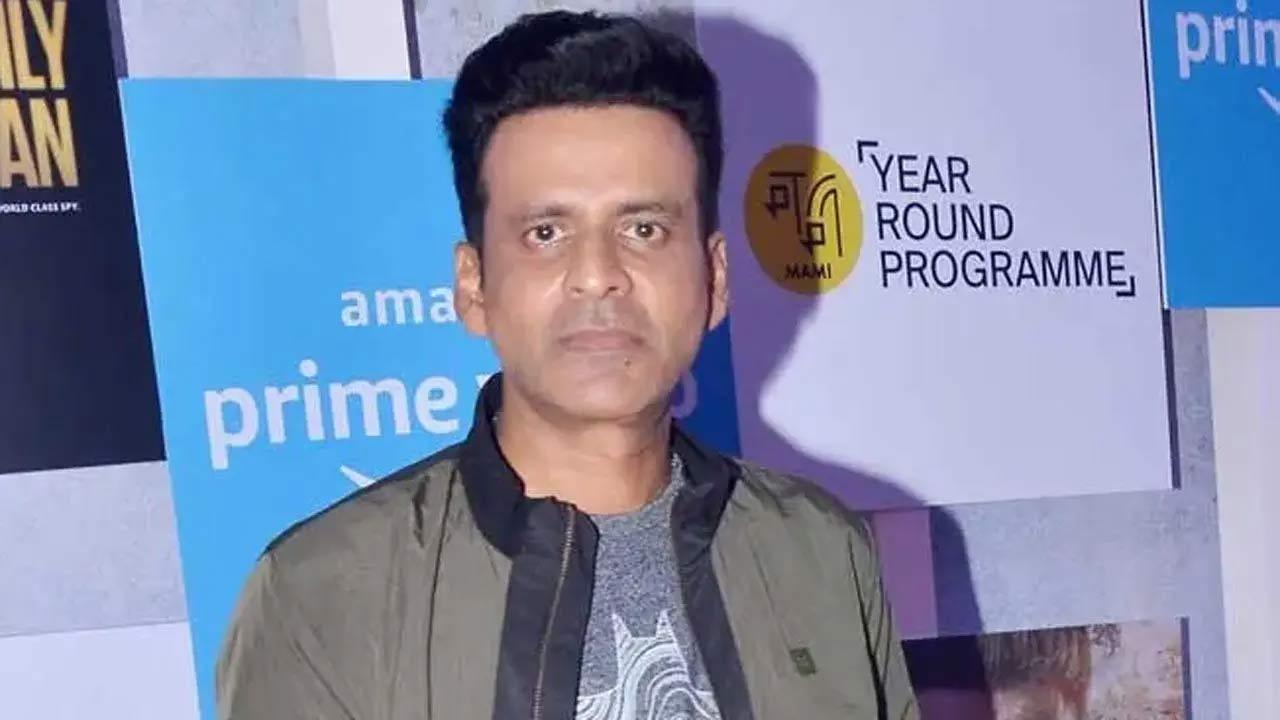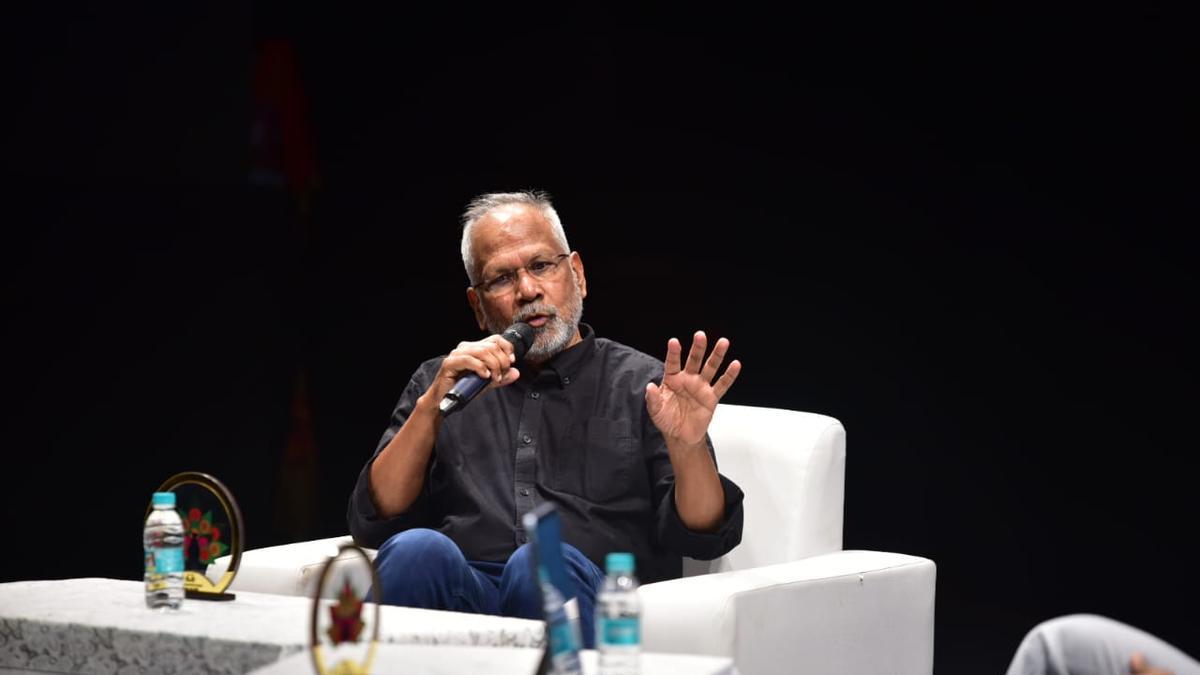
The Bombay High Court announced on Tuesday that it had thoroughly examined the Annu Kapoor-starrer Hamare Baarah and found the film devoid of any content that could be considered offensive to the Quran or the Muslim community. The court highlighted that the movie is intended to uplift women and is not offensive in nature. The division bench of Justices B P Colabawalla and Firdosh Pooniwalla remarked that the Indian public is not “gullible or silly,” a sentiment they reiterated several times during their judgment.
Initially, the film’s first trailer did attract criticism, deemed objectionable by various parties. However, these objectionable scenes have been excised from the final cut of the movie. The court acknowledged that while the trailer was problematic, the resulting film is now a “thinking movie,” not one where viewers would be expected to “keep their brains at home.” Instead, it is geared towards making the audience reflect on societal issues, especially those affecting women.
“The movie is in fact for the upliftment of women,” declared the high court. Featuring a storyline where a Maulana misinterprets the Quran, the film includes a scene wherein a Muslim man objects to this misinterpretation. This part of the plot serves as a call to the audience to apply their minds and not follow religious leaders blindly. Such a nuanced approach indicates the film’s intent to promote critical thinking and societal betterment, rather than inciting communal disharmony.
Earlier this month, a series of petitions were filed in the Bombay High Court, requesting a ban on the film, arguing that it was derogatory towards the Muslim community and distorted the teachings of the Quran. Initially, the court postponed the release of the film, urging the makers to remove the contentious scenes as per the Central Board for Film Certification (CBFC) guidelines. Following compliance, the film was permitted for release. Petitioners then escalated the matter to the Supreme Court, which temporarily stayed the release and instructed the Bombay High Court to take an appropriate decision.
On Tuesday, Justice Colabawalla’s bench disclosed that it had reviewed the film post the removal of the disputed content and found nothing that could incite violence. The court did propose additional amendments to a few scenes that could still be considered moderately objectionable. The bench suggested if all the concerned parties agreed to further deletions, consent terms could be drafted, leading to an official court order permitting the film’s release by Wednesday.
However, the court expressed dissatisfaction with the makers for releasing the trailer without prior certification from the censor board. It emphasized that the violations concerning the trailer warranted a penalty, which should be directed towards a charity chosen by the petitioners.
. “Violation was there vis-a-vis the trailer. So you will have to pay something towards a charity of the petitioner’s choice. Cost will have to be paid. This litigation has got the film so much unpaid publicity,” the bench conveyed.
The court reiterated its stance that there is no element within the movie that would provoke violence. They maintained, “Indian public is not so gullible or that silly.” Yet, they acknowledged the petitioners’ concerns about the troublesome nature of the trailer and posters, calling on the film’s creators to exercise caution in their future works. They cautioned filmmakers against incorporating potentially harmful dialogues and scenes under the guise of creative liberty, particularly those that could offend religious sentiments. “The makers should also be careful what they put out. They cannot hurt the sentiments of any religion. They (Muslims) are the second largest religion in this country,” the court noted.
A specific scene where a character threatens to kill his daughter and invokes the name of God was highlighted as particularly problematic. The court recommended removing this line, stating it would not impede the creative freedom of the filmmakers. The high court expressed surprise that such passionate objections were raised by the petitioners who had not yet seen the movie. Hamare Baarah revolves around a domineering man and his family, challenging the notion that domestic violence is limited to one community alone.
Despite initial plans for a June 7, and then a June 14 release, the film faced multiple delays due to the legal hurdles. However, following the court’s recent observations and directives, the path seems clearer for its impending release. The decision underscores the balance between creative freedom and respect for community sentiments.
The DNA app is now available for download on the Google Play Store. Please download the app and share your feedback with us.










